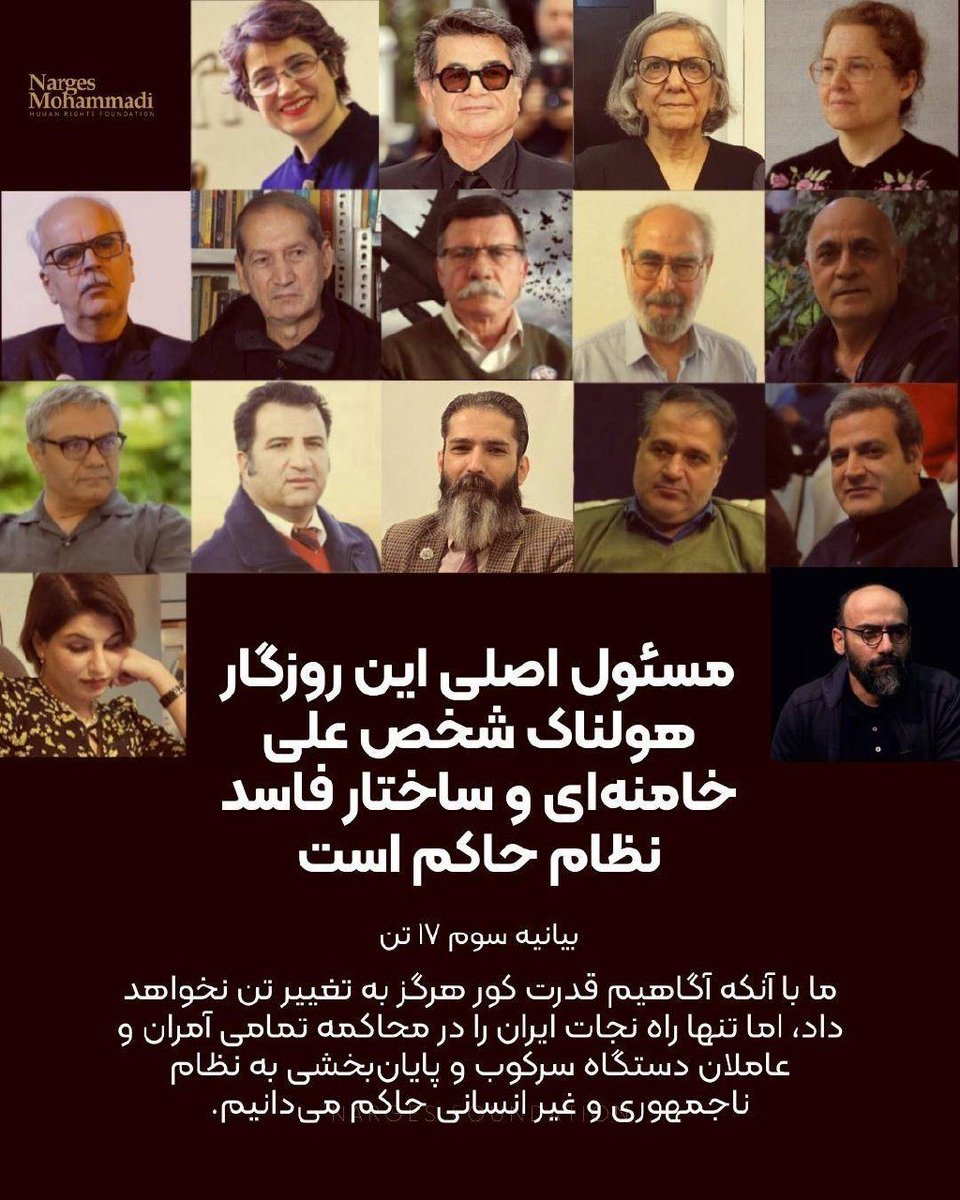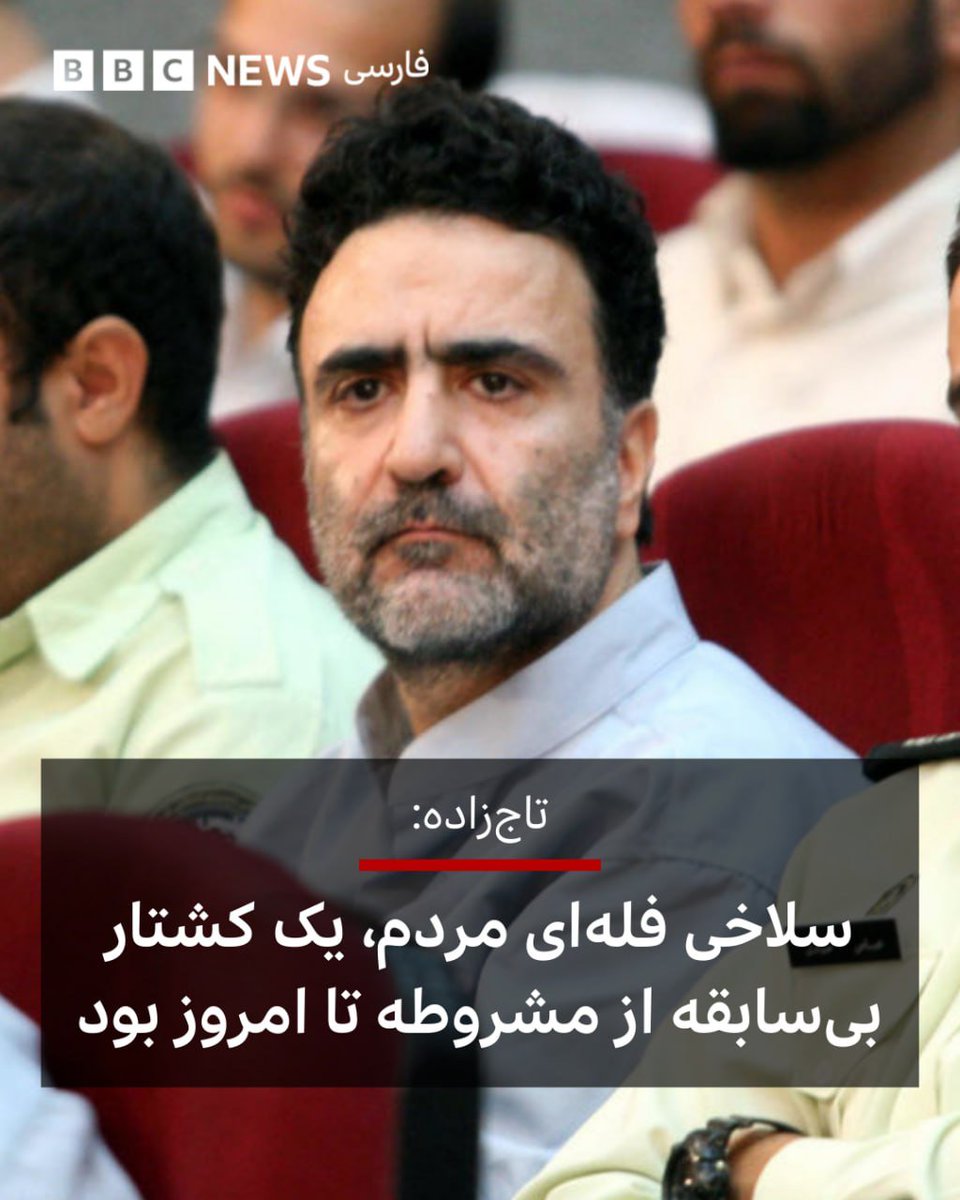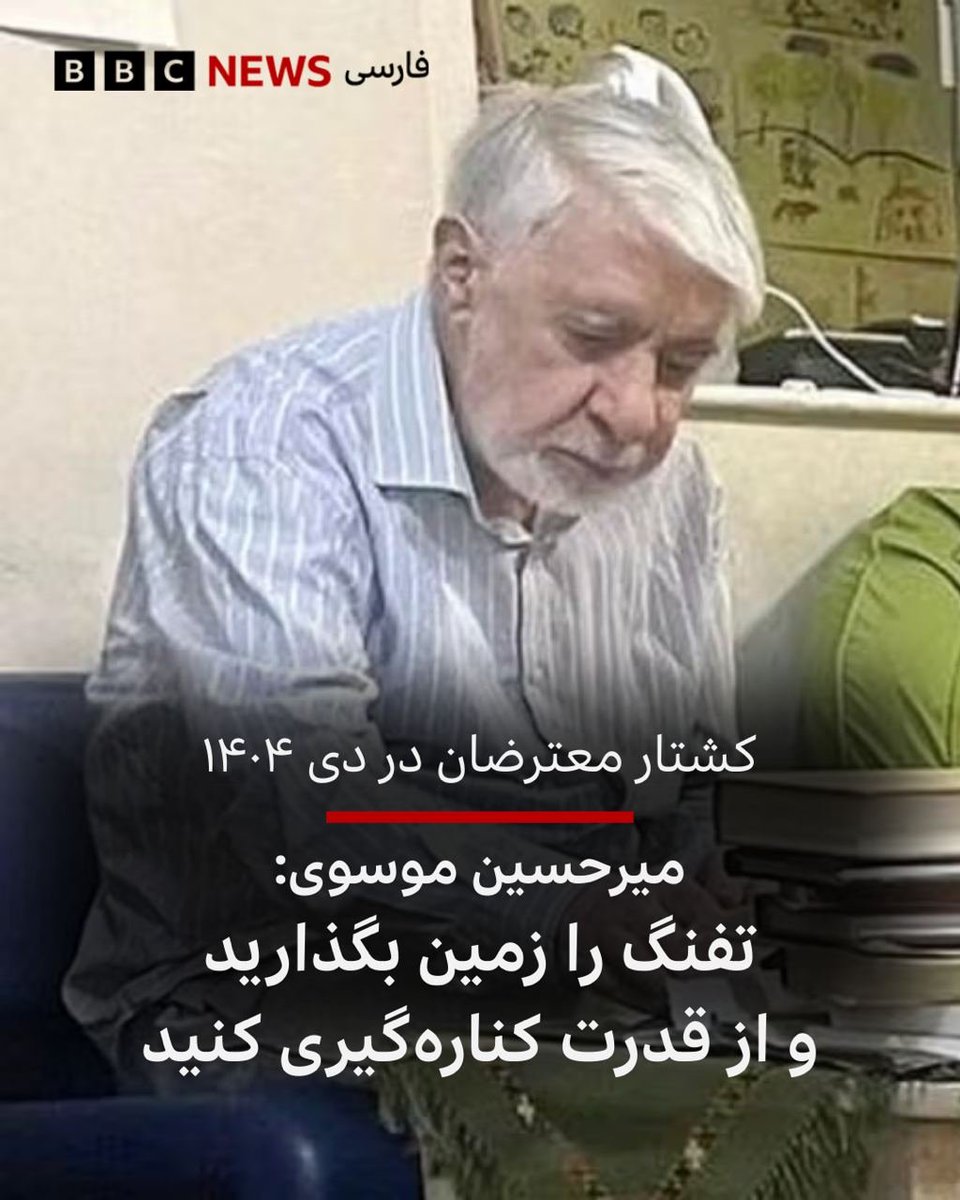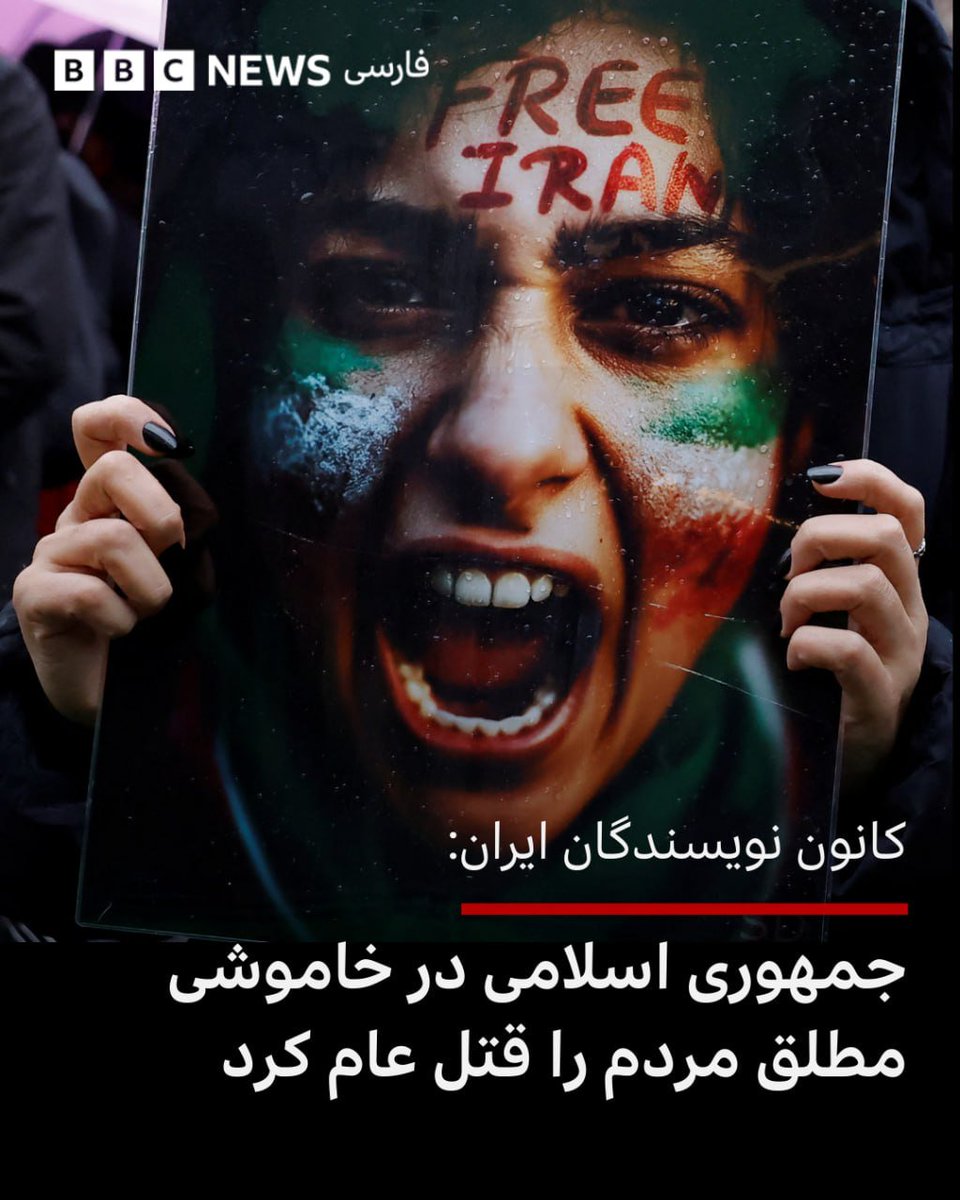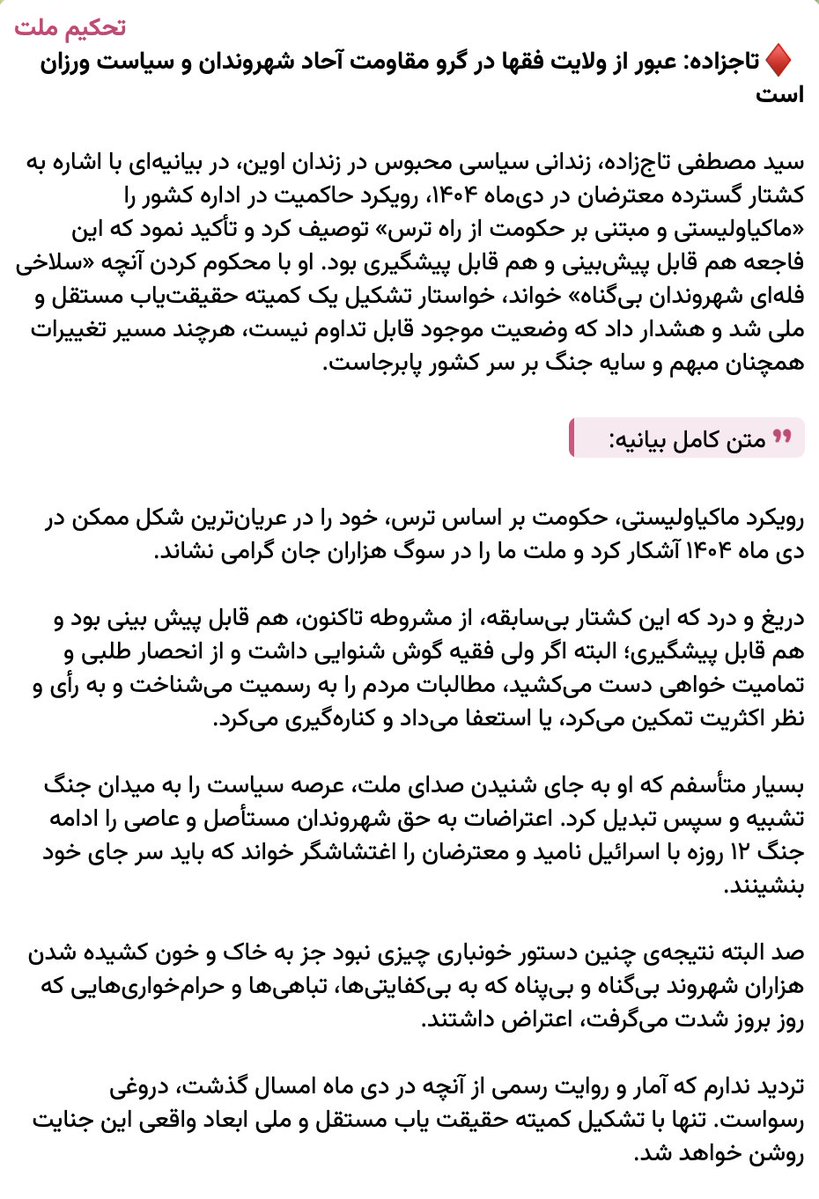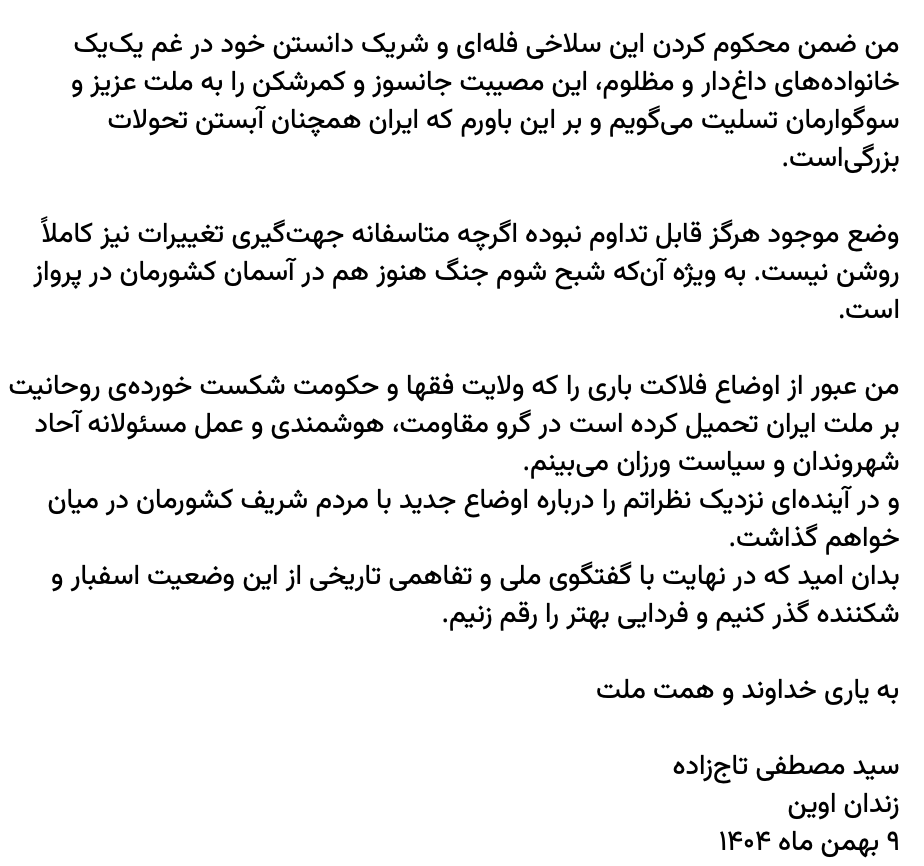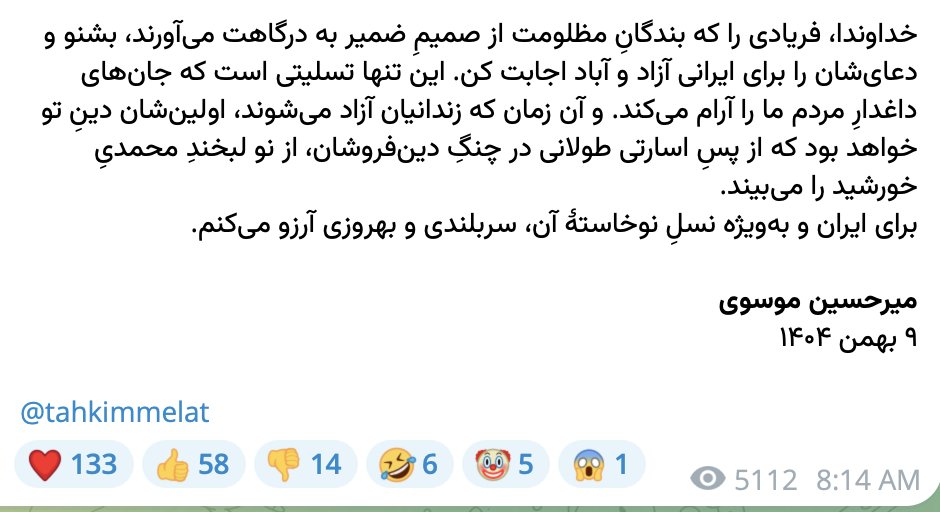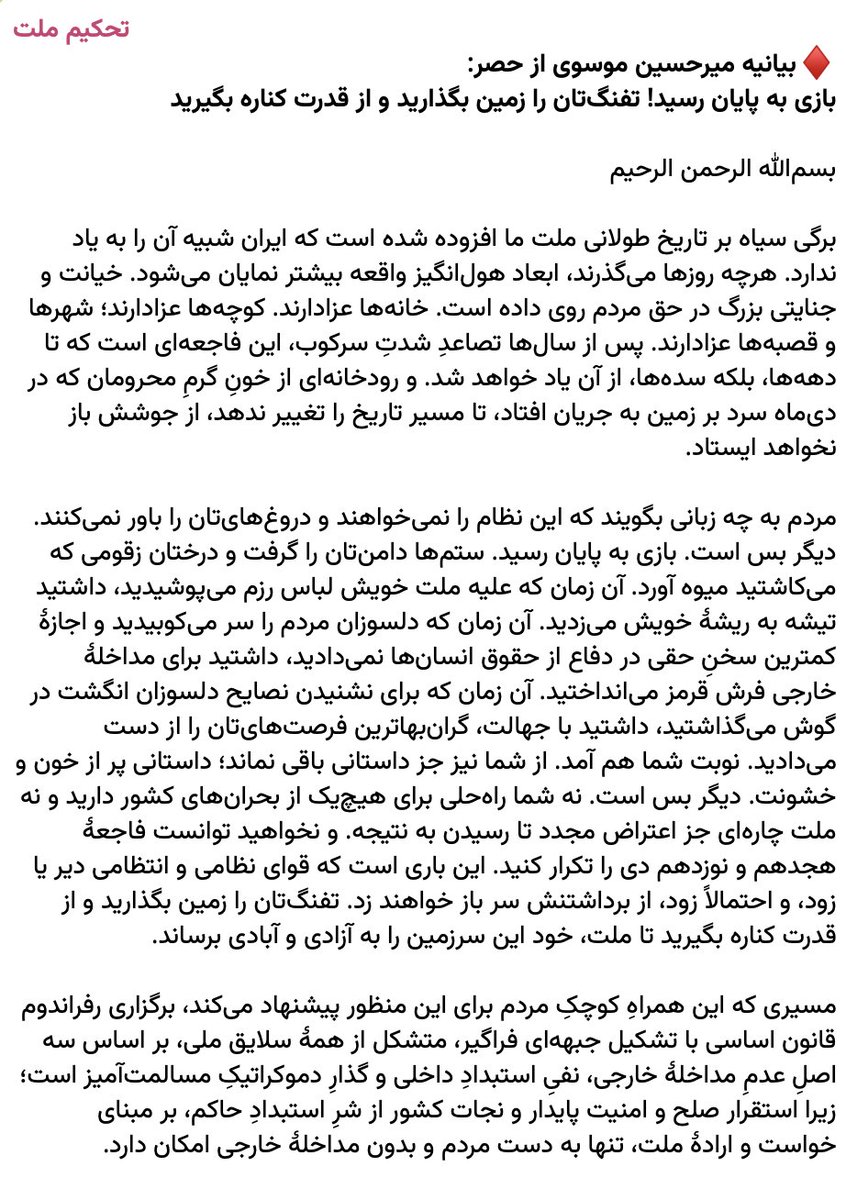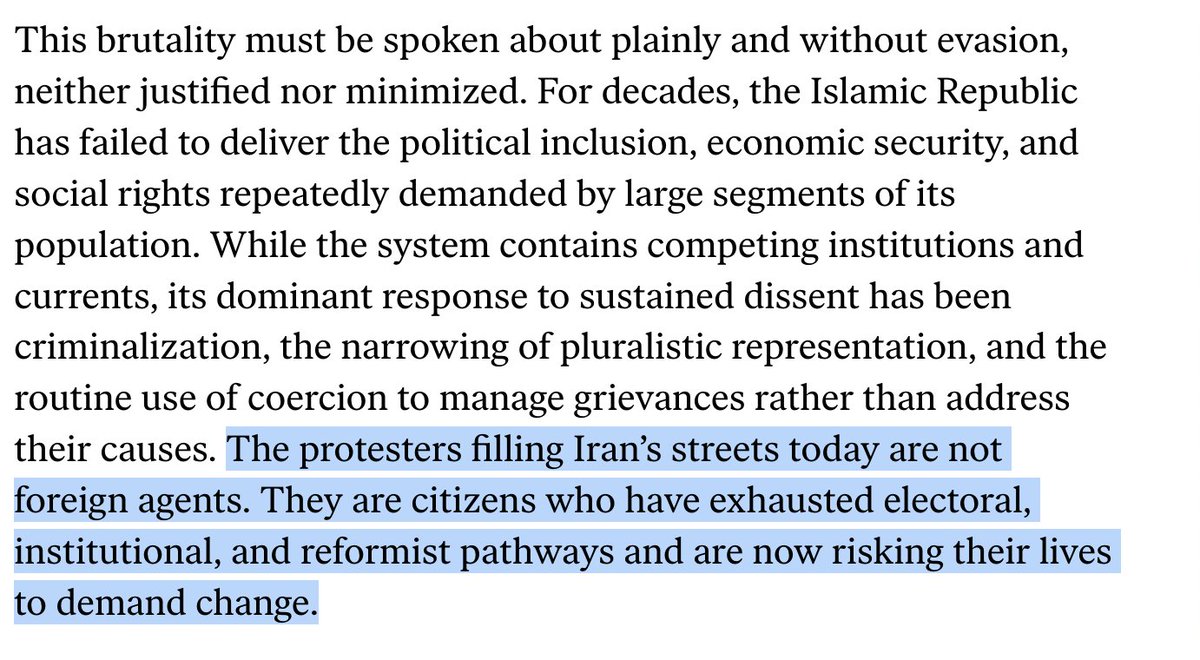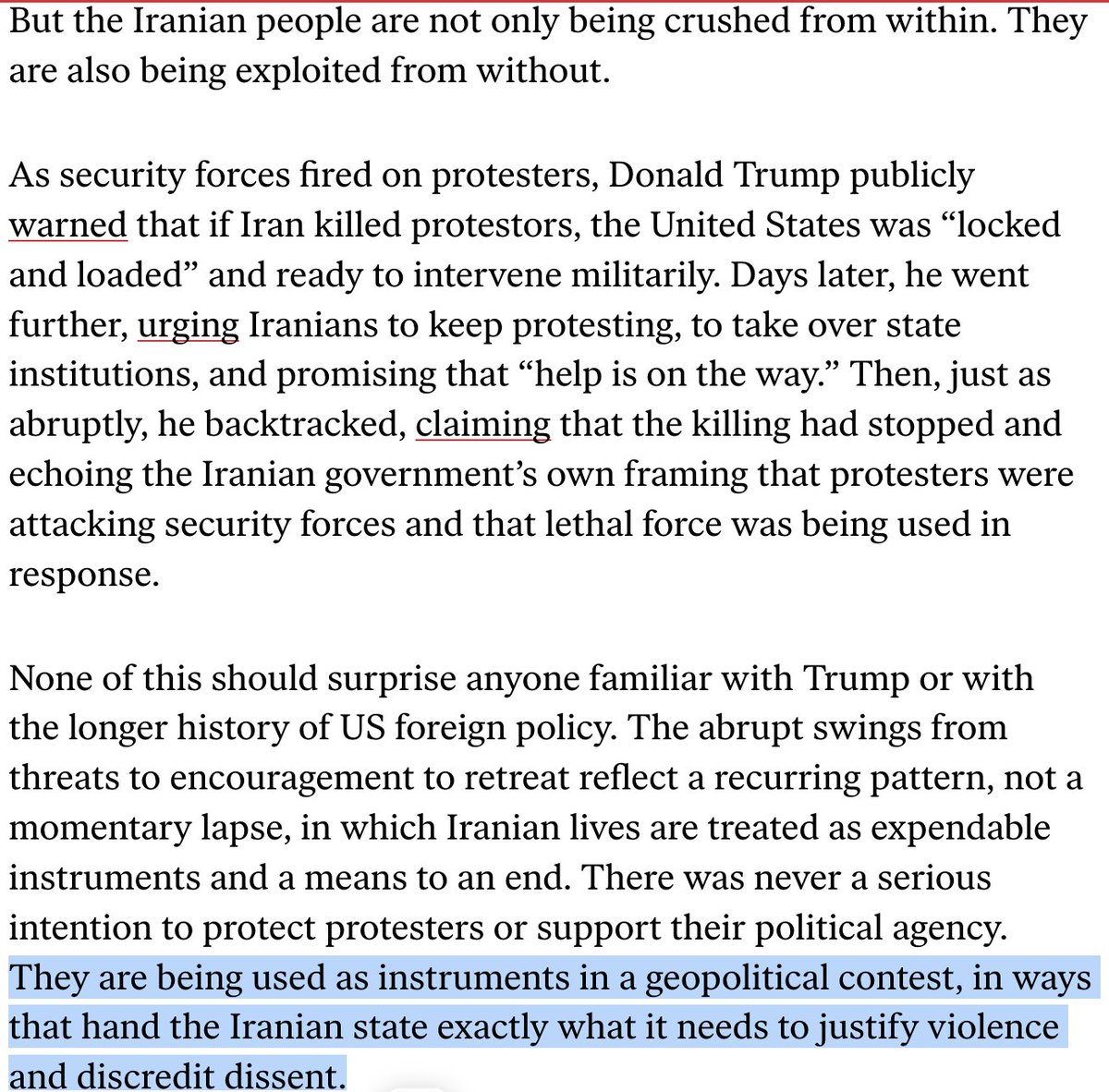🧵A very important piece: an Israeli outlet reports severe morale loss and exhaustion among soldiers, with many now refusing to serve.
Based on interviews with soldiers and families across units, it's described as a "suppressed but growing phenomenon."
ha-makom.co.il/idf-droppings/

Based on interviews with soldiers and families across units, it's described as a "suppressed but growing phenomenon."
ha-makom.co.il/idf-droppings/


2/ The piece opens with a striking anecdote:
In September, the Nahal Brigade began its 11th round of combat in Gaza, but out of a platoon of 30 soldiers, only 6 showed up—the rest claimed medical exemptions.
"I call it refusal and rebellion," says the mother of one soldier.
In September, the Nahal Brigade began its 11th round of combat in Gaza, but out of a platoon of 30 soldiers, only 6 showed up—the rest claimed medical exemptions.
"I call it refusal and rebellion," says the mother of one soldier.

3/ The mother describes the sense of futility the soldiers feel:
"They keep going back to the same buildings they’ve already cleared, only to find them booby-trapped again. In the Zaytoun neighborhood alone, they've been there three times. They understand it’s pointless."
"They keep going back to the same buildings they’ve already cleared, only to find them booby-trapped again. In the Zaytoun neighborhood alone, they've been there three times. They understand it’s pointless."

4/ One IDF soldier explains that the growing shortage of manpower means missions are "done halfway."
He adds, "The platoons are empty; those who aren’t dead or physically wounded are mentally broken. Very few come back to fight, and even they aren’t fully okay."
He adds, "The platoons are empty; those who aren’t dead or physically wounded are mentally broken. Very few come back to fight, and even they aren’t fully okay."

5/ The soldier notes that all of this was happening before the escalation in Lebanon and the current ground incursion.
He says, "I don't know with what army they think they'll enter Lebanon, because there is no army. I'm not going back to the battalion."
He says, "I don't know with what army they think they'll enter Lebanon, because there is no army. I'm not going back to the battalion."

6/ The article states that this a suppressed but growing phenomenon of soldiers refusing to fight. The unity and sense of mission that once drove them has faded. "They fought until their last ounce of strength, but reached a point where they just couldn’t continue." 

7/ Many parents say the soldiers' morale began to break down in April, as the war dragged on, and their sense of purpose started to fade.
"When they had to return to places we’d already been, like Jabalia, Zeitoun, and Shuja'iyya, it broke them," one parent explained.
"When they had to return to places we’d already been, like Jabalia, Zeitoun, and Shuja'iyya, it broke them," one parent explained.
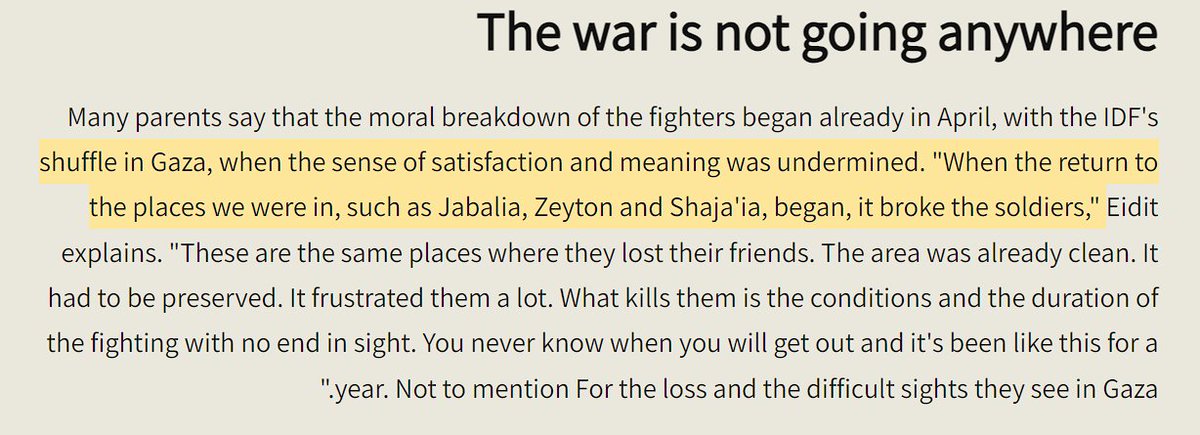
8/ "What’s killing them are the conditions and the prolonged fighting without any end in sight," says on parent. "Not to mention the loss and the horrific scenes they witness in Gaza." 

9/ One soldier says, "We’re sitting ducks in a shooting range. We don’t understand what we’re doing here...The hostages aren’t coming back, and it just feels never-ending—soldiers are getting injured and dying along the way. It all seems pointless." 

10/ The article states that most of these soldiers refusing to serve (under medical exemptions) aren’t being sent to jail, and the whole situation is being kept quiet. 

11/ It adds that after 12 straight months of a war that feels directionless, soldiers describe themselves as “black”—military slang for feeling depressed, exhausted, and drained of motivation.
"Today the motivation is zero."
"Today the motivation is zero."

12/ The article describes the situation Israeli soldiers face in Gaza: the only "music" they hear is the sound of air force bombs, and the air reeks of death and decay. They feel abandoned by the army, treated like mere tools on the path to "absolute victory." 

13/ One Israeli soldier says: At a certain point, we were all exhausted & couldn’t see the purpose in going back to places we’d already been...Eventually, I stopped feeling anything. I lost faith in the system & no longer believed in what we were doing. 

14/ The Israeli soldier recalls, "I was mentally exhausted, having anxiety attacks so severe that when they told us we were done maneuvering, I thought I’d get a break. I broke down, crying on a lawn, saying I couldn’t take it anymore. I was completely finished mentally." 

15/ The soldier says his commander accusing him of "abandoning the country" & reprimanding him before the platoon.
But "the day," another "soldier came up to me and asked how I did it. He wanted to, but didn’t have the courage."
The next day, he left too.
But "the day," another "soldier came up to me and asked how I did it. He wanted to, but didn’t have the courage."
The next day, he left too.

16/ The shortage of soldiers has forced those who need mental health treatment to fight.
"My son went to his company commander & said, 'I feel like my alertness has dropped so much that I’m not only putting myself at risk, but also those around me. I’m not as sharp as I was."
"My son went to his company commander & said, 'I feel like my alertness has dropped so much that I’m not only putting myself at risk, but also those around me. I’m not as sharp as I was."

17/ One father says, "The only way to stop this downward spiral or get some rest is to say, 'I refuse,' and then you're instantly treated like the most humiliated person on earth...It doesn’t matter what you’ve sacrificed, what you’ve been through, or what you’ve done." 

18/ On the other hand, those who do manage to get mental health leave face emotional blackmail.
One soldier’s brother explains that when his sibling returned home, he couldn’t sleep in his room, barely ate, & was in severe mental distress--but still was forced to go back.
One soldier’s brother explains that when his sibling returned home, he couldn’t sleep in his room, barely ate, & was in severe mental distress--but still was forced to go back.

19/ Cultural differences among Israeli soldiers from different nationalities also complicate addressing morale issues.
One commander told his subordinates, "I come from a Polish family, where we don’t talk about feelings—that’s how I was raised, and that’s my way."
One commander told his subordinates, "I come from a Polish family, where we don’t talk about feelings—that’s how I was raised, and that’s my way."

20/ A similar situation is unfolding with soldiers entering Lebanon. Exhausted, hundreds of paratroopers recently united to fight for "their rights", expressing anger, frustration, and distress over the lack of understanding about their urgent need for rest at home. 

21/ Stunningly, these paratroopers entering Lebanon are being threatened with fines for military equipment lost or destroyed on October 7 or during the fighting and are denied new equipment until they sign that they are responsible for the loss. 

22/ The piece ends with a powerful statement from an Israeli soldier: "If the treatment doesn’t improve soon, the little wind left in our sails will also disappear." 

23/23 This isn’t the only Israeli report highlighting faltering morale and manpower shortages in the country's military.
These reports raise serious questions about the feasibility of Netanyahu prolonging the Gaza war or escalating conflicts with Lebanon and Iran.
/end🧵
These reports raise serious questions about the feasibility of Netanyahu prolonging the Gaza war or escalating conflicts with Lebanon and Iran.
/end🧵
• • •
Missing some Tweet in this thread? You can try to
force a refresh


